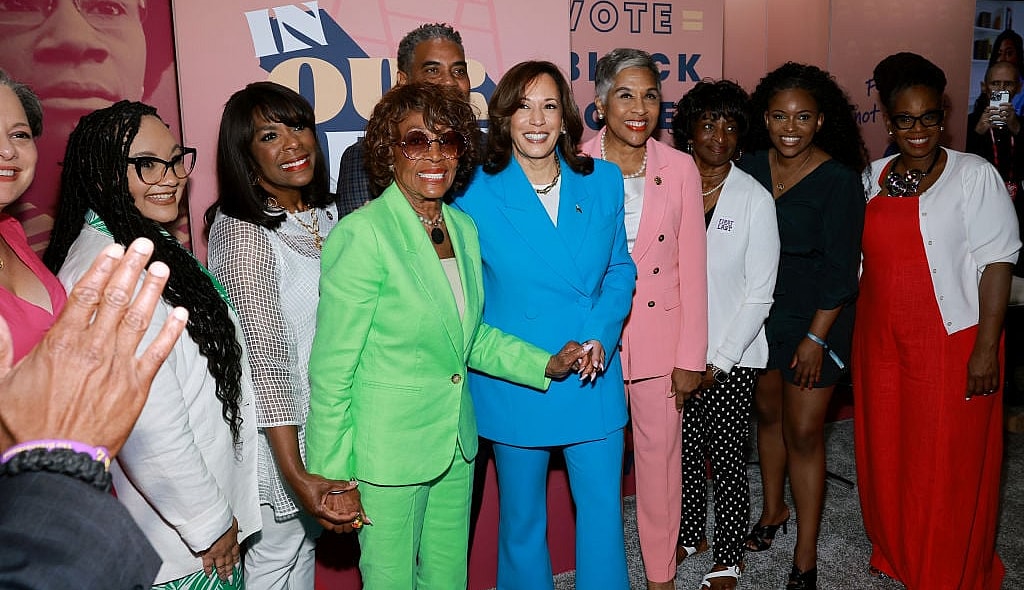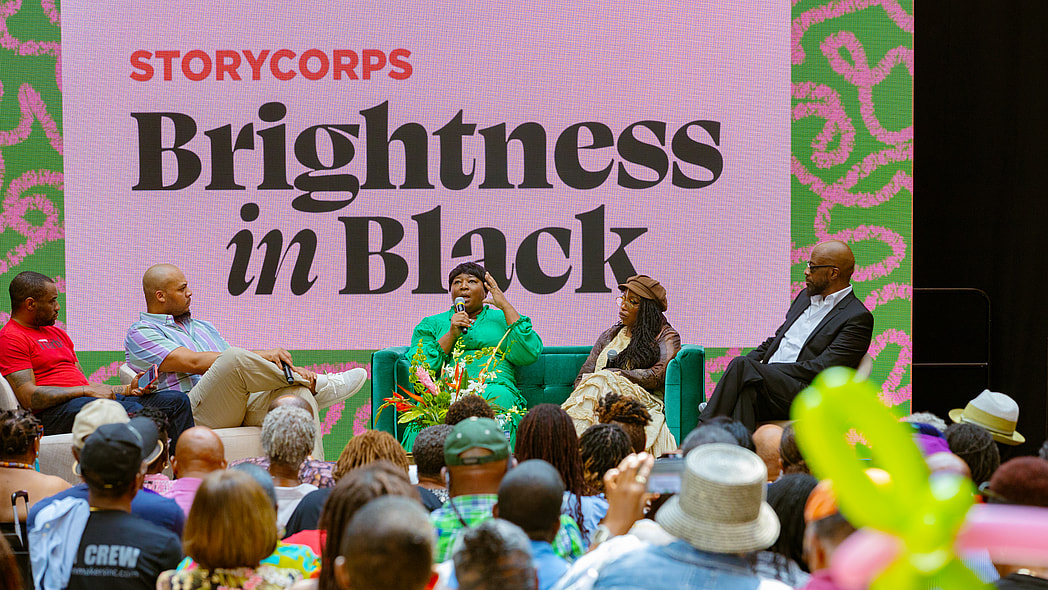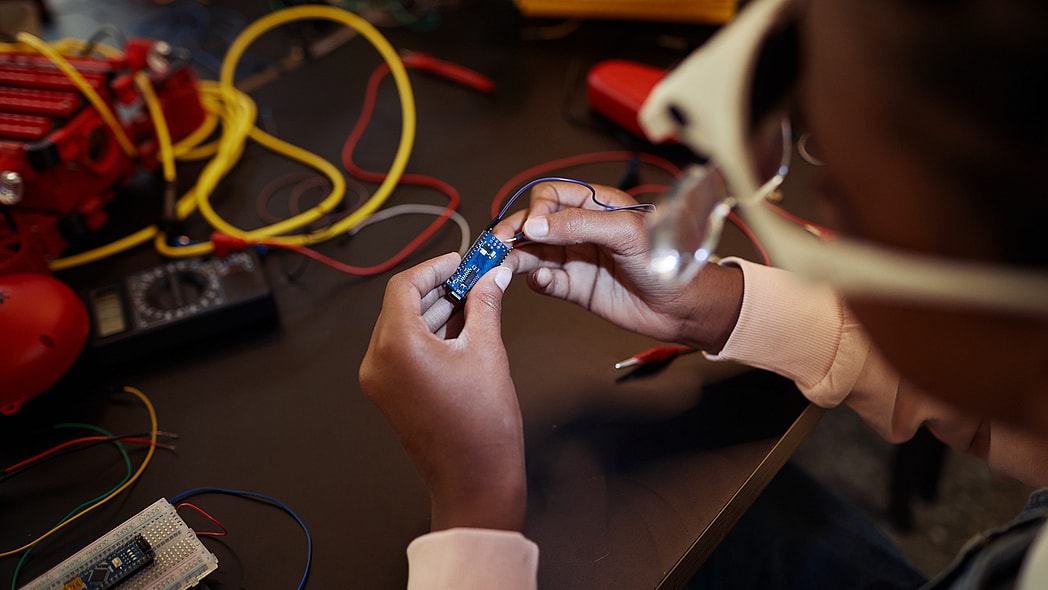Members of the Congressional Black Caucus (CBC) are set to launch a national bus tour in support of the Harris-Walz campaign, with the first stop this weekend in the battleground state of Georgia, theGrio has learned exclusively.
The CBC, often referred to as the “conscience” of Congress, is a highly influential group on Capitol Hill. It represents millions of voters across key states that will be critical for Vice President Kamala Harris to secure victory in November.
This weekend’s tour stop will feature CBC Chairman Rep. Steven Horsford (D-NV), along with Georgia representatives Hank Johnson, Nikema Williams, Lucy McBath, Sanford Bishop, and others.
In an exclusive statement to theGrio, Rep. Horsford emphasized, “While Trump’s extreme Project 2025 agenda would give him unchecked control and make life harder for Black Americans, Vice President Harris’ Opportunity Agenda will help Black Georgians and families nationwide achieve financial freedom, reduce costs, and protect our rights and freedoms.”
He added, “Harris is not taking any voter for granted in this election. She understands that building a strong economy must center Black Americans and ensure they have equal access to capital, resources, and opportunities to grow wealth and strengthen our communities.”
During the bus tour, CBC members will visit crucial swing states to engage Black voters and promote Harris’ “Opportunity Agenda for Black Americans.” The tour kicks off in Savannah on Friday, followed by stops in Atlanta and Macon throughout the weekend. Early voting in Georgia starts this week and runs until Nov. 1.
The CBC members are expected to meet with Black voters at local Black-owned businesses, rallying support for Harris and the Democrats’ vision for the future of Black Georgians.
Harris and her Democratic vice presidential running mate, Gov. Tim Walz, have been running on a platform that promises to lower costs, address historic and systemic barriers harming Black and brown communities, and protect freedoms and rights, including civil rights, racial equity and abortion care.

Black Americans have been a closely watched voting bloc this election cycle, as polling throughout the months had indicated that Black voters were slightly waning in their support for then-presumptive Democratic nominee, President Joe Biden.
Since becoming the party nominee following Biden’s dropping out of the race, Harris has significantly improved Democrats’ standing with Black voters. However, most polling shows the vice president lagging behind the percentage Biden won with Black voters in 2020.
Georgia, in particular, is a critical state for Democrats. In the 2020 contest against former President Donald Trump, Biden became the first Democrat to win the Peach State in nearly 30 years. Democrats also saw two upset wins for Georgia’s two U.S. Senate seats. The historic wins in Georgia were largely credited to massive turnout among Black voters in the state.
Democratic leaders are hoping to replicate their successes in Georgia. If Harris wins, as a former CBC member it would mark the second time that an alum of the caucus entered the White House (President Barack Obama is also a former member).
Harris has traveled to the state several times as the Democratic presidential nominee. As vice president, she has visited the Southern state for key official travels, including her “Economic Opportunity Tour” and “Fight For Our Freedoms” college tours, during which she visited the campus of Morehouse College.
The vice president’s potential rise to the presidency is critical for the success of the CBC’s legislative agenda, which includes advancing economic policies to close the racial wealth gap. The caucus also wants to see key legislation drafted by CBC members passed into law, like the George Floyd Justice in Policing Act, the John R. Lewis Voting Rights Advancement Act, and the Freedom to Vote Act.










